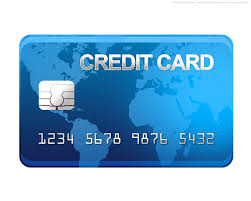
Banks and credit card companies hail the advanced technology as a way to sharply reduce fraud opportunities. They are distributing the cards and phasing out magnetic strip cards that are easier targets for thieves. But the cost of refitting to accommodate the new chip cards is hurting small businesses. The cost can range from the low hundreds to tens of thousands of dollars, depending on the required equipment. Merchants who don’t have the EMV processing equipment and then have a fraud issue could face a charge-back so big, it could put them out of business.
The retailers are under notice that they must make the transition by Oct. 1, 2015 when the magnetic strip cards will be phased out. If they don’t comply, the credit card giants, such as MasterCard, Visa and American Express will make them liable for transactions made with phony chip cards.
The small companies have a double whammy. They don’t have the volume of business to underwrite the costs of new equipment and they don’t qualify for the discounts that those who sell the equipment offer to larger businesses.
A consumer sees only a small part of the payment processing system. Software in the merchant’s computer only receives the transaction information. It then goes to a processor, which posts a charge or debit to the cardholder’s account and a credit to the merchant’s account.
Even the simplest card readers used in stores and other small businesses cost at least $100. At the outset, the readers also will be able to read magnetic strips and/or handle so-called contactless payments made with services such as Apple Pay or Google Wallet and other electronic wallet applications. More complex reading systems will run into the thousands. They manage inventory and customer/vendor information. Restaurants and businesses with multiple locations are likely to have the most complex systems and so the highest expenses.
Besides the costs of reading equipment, many small businesses will have to hire the expertise needed to accommodate the upgraded technology. Such experts charge $100 an hour or more to install systems and ensure that they work.
But with the growing concerns for the amount of fraud that has beleaguered retailers and their customers, the handwriting is on the wall. The expectation that the chip-embedded cards will make inroads into the problem will likely trump any other concerns. Small businesses will have to make the leap, regardless of the cost.